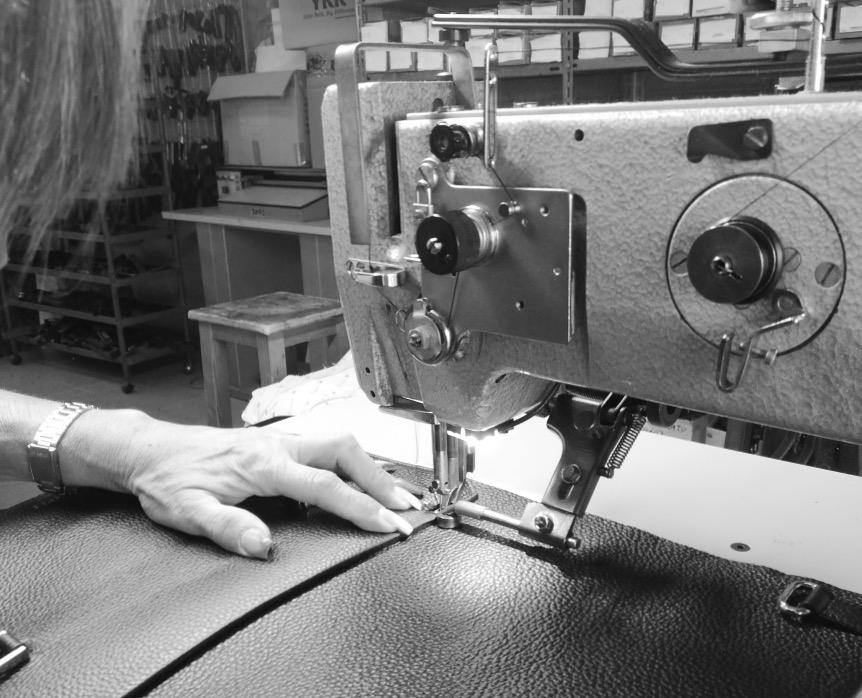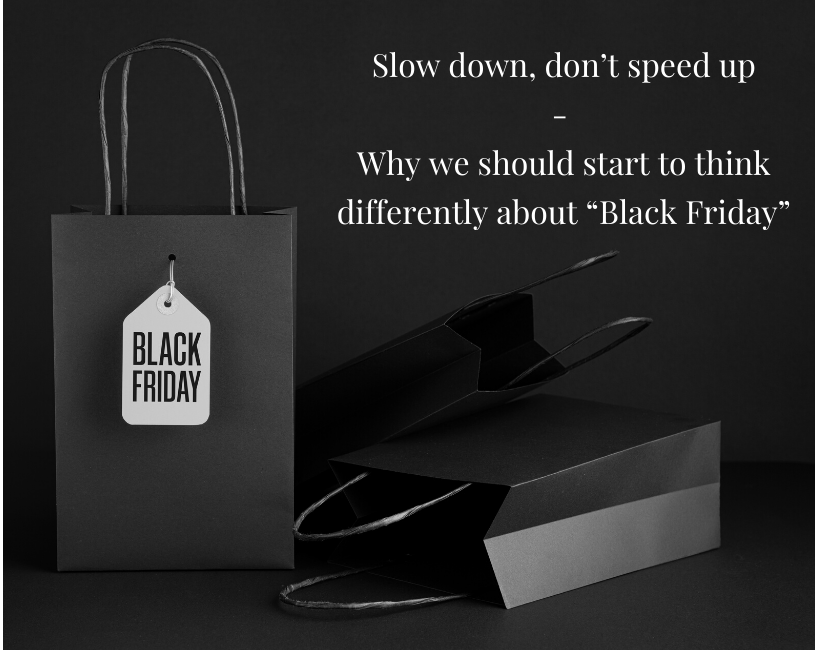
A seat at the table: How strong women challenge traditional power structures
Most everyone is undoubtedly familiar with the phrase "having a seat at the table". Often reserved for those who are considered to have both the influence and power to make decisions and effect change, the table in this metaphor is a symbol of power, negotiation, and credibility through which one can forward their education, career, and lifestyle.
In other words: when one is presented with a seat at the table, it represents an opportunity to be heard and make a difference. For women in traditionally male-dominated positions, there is much more behind coming to the table than simply taking a seat.
Last week, attorney and American politician of the Democratic Party Kamala Harris made history by being the first woman and Black, Indigenous Women of Colour (or BIPOC) to be elected for the position of vice president of the United States. The daughter of an Indian Tamil mother and Afro-Jamaican father is set to assume office on January 20, 2021, and will consequently become the highest-ranking female elected official in U.S history.
Exactly 100 years ago since the 19th Amendment, which allowed white women to vote, [1] and 55 years ago since the Voting Rights Act, which gave Black people in the USA the right to vote, [2] this milestone seems to be long overdue. In her victory speech, Harris commented on all the women - the Black, Indigenous, Asian, Latina, and white women - who have fought for her and her right to be where she was now. The year 2020 is still a year of many "firsts" which is a testament to how hard women of all racial backgrounds, ethnicities, sexual identities & orientations, religious beliefs, and social classes have fought for a seat at the table. This victory is not only for her but for us all. Most importantly, it is a chance to get into us and think about how we want to progress as a society.

How gender discrimination affects today's working women.
Our perception of working women in the past is very similar to the depiction in the iconic TV-show "Mad Man". The main story takes place in the ‘60s and shows powerful men in suits and a retro office culture that blatantly held women back, even when they had proven they could out-perform their male peers. Certainly, one would argue that things are so much better now. Or are they? While it is true that the work world has improved enormously for women – mainly thanks to the 2nd feminist movement, which resulted in many anti-discrimination laws being implemented, statistics speak another language.[3]
Today, women earn approximately 60% of both undergraduate and graduate degrees at university. Women take up 47% of the workforce but are very much under-represented at the higher levels of business and in government. As Sheryl Sandberg's states in her best-selling book "Lean In" (2013): "While women continue to outpace men in educational achievement, we have ceased making real progress at the top of any industry. This means that when it comes to making the decisions that most affect our world, women's voices are not heard equally.”
On top of that the Institute of Women's Policy Research predicts that, at the current rate of progress, women won't achieve pay equity until 2058. "The blunt truth", Sandberg continues, "is that men still run the world."
If women are equally as capable as men, why aren't they represented in equal numbers at the upper ranks of the business world? Why are we – as Sandberg mentions – sourcing leaders from only half of the whole population? Neuroscientists suggest one answer [Ebd.]: It is our deeply entrenched sense of how "things are supposed to be". We, as a society, are accustomed to seeing men at the top. It seems normal for them to be in charge and for us to trust in their capabilities. Seeing women taking up the same space as men traditionally have is an aberration from the internalised norm and structure, so men and women instinctively balk.
Still, there have been and still are women who went against all odds and broke down barriers for all the women that came after them.
Three powerful women that inspire us.
One of the many inspiring women that we see today is Shonda Rhimes. A woman who creates successful TV-shows like Grey's Anatomy, Scandal, and How to Get Away with Murder. The first has been around so long that in an early season, one episode pivoted around that new-fangled phone thing, texting. [4] During that time, Rhimes was a pioneer in having a diverse and multicultural cast. Even though the main protagonist was a white woman, other social groups like African and Korean Americans were not put in the background but given strong identities and motives. Especially her book “The Year of Yes” (2015) inspired us so deeply that we dedicated a whole blogpost to our main learnings.
Another example of an inspirational and powerful woman would be the former First Lady of the USA, Michelle Obama. In her book "Becoming" (2018) she describes her very first impressions at the ivy-league Princeton University in 1981.[5] The school was wealthy but infamous for being racially the most conservative out of all the league colleges. Some white students were so racially insensitive with African Americans that they would ask to touch her hair. The mother of her white freshman year roommate was so appalled to learn that Michelle Obama was Black that she demanded – unsuccessfully – that her daughter be moved into another dorm. Michelle Obama is still a strong force in fighting for women’s rights and strongly believes that “We have to find a way to continue to lift other women in our worlds and in our lives as much as possible.”[6]
The last inspirational woman that we want to mention is Melinda Gates, who is a philanthropist, businesswoman, and author. In her book "The Moment of Lift" (2019) she describes how she was able to travel the world on behalf of her foundation and that she has met so many women who have inspired her to actively fight against the forces that pushed women down and encourage them to their fullest potential.[7] For her, it is important to recognise the different barriers and factors and remove them systematically by empowering and thus "lifting" those women. In return, they will empower everyone around them. She further describes how often people were biased toward her because she is the wife of Bill Gates and how this perspective has helped her to question her prejudices against other women.
The importance of intersectionality.
When we talk about women in the business world, most literature focuses on the experiences of white-, cis-, and able-bodied women from middle-to-upper class backgrounds. It is important that we highlight the fact, that BIPOC, trans women and disabled women from working-class backgrounds face a whole other set of intervening forms of discrimination and violence. The lived experiences of Black women differ significantly from those of Asian women and those experiences are significantly different from those of white women.
BIPOC women are often policed on their appearance which does not fit the white understanding of professionalism. One example would be how afro hair is still considered to be unprofessional in many industries so that many Black women are being pressured into more eurocentric hairstyles. Another example is how tattoos, something that is culturally important to many Indigenous tribes, is also seen as something unprofessional or even criminal. Women from discriminated minority groups have a lower percentage to get the job in the first place. And if they do get into their dream position, they often must deal with microaggressions from their white co-workers who are still in the majority.
How internalised misogyny is holding women back.
One big problem is that women are not just passive bystanders when it comes to their own oppression. They often take on active roles in putting women down or excluding them from career opportunities. Joy Wiggins offers an explanation in her TED talk saying that women sabotage each other when the work environment is fraught with patriarchal notions of what a successful business should look like.[8] White men do not always deliberately exclude women, but the traditional power structures were built for them. The patriarchal system casts a long shadow and as a result, women are subjected to sexual assault, lower pay, rape, sexist language, harassment, and policing of tone and appearance. By that, women will find fewer female peers around them, which creates a culture of anxiety and exclusivity.
Let's create a system where we feel seen and heard.
The bad news is that we can’t overcome patriarchal norms overnight. The good news is that there are still plenty of things we CAN do. What do all these wonderful women who we had mentioned before in the article had in common? The passion and eagerness to excel in their respective fields, no matter the obstacles! We can start by observing how we treat the women around us. Do we keep silent or do we speak up? Do we try to form networks with our female coworkers and superiors or do we prescribe to be “one of the boys”?
We at AMELI ZURICH believe that the best way for women in our positions is to focus our energies on ourselves and try to uplift one another. We need to embrace, support, and boost each other and create a hostile-free system where we feel seen and heard. Or to say it with the words of Shirley Chisholm: “If they don’t give you a seat at the table, bring a folding chair!”
Sources:
[1] https://www.ourdocuments.gov/doc.php?flash=false&doc=63
[2] https://www.history.com/news/african-american-voting-right-15th-amendment
[3] https://www.allbusinessschools.com/business-administration/women-in-business/
[4] https://www.nationalgeographic.com/culture/2018/11/shonda-rhimes-producer-greys-anatomy-scandal-praise-difficult-women/
[5] https://www.insidehighered.com/news/2018/11/14/michelle-obama-talks-about-her-experience-princeton-first-time-new-book
[6] Michelle Obama, Becoming, 2018.
[7] https://www.youtube.com/watch?v=EYUt4D_B5gA
[8] https://www.youtube.com/watch?v=Bx4GsC6Zheg





